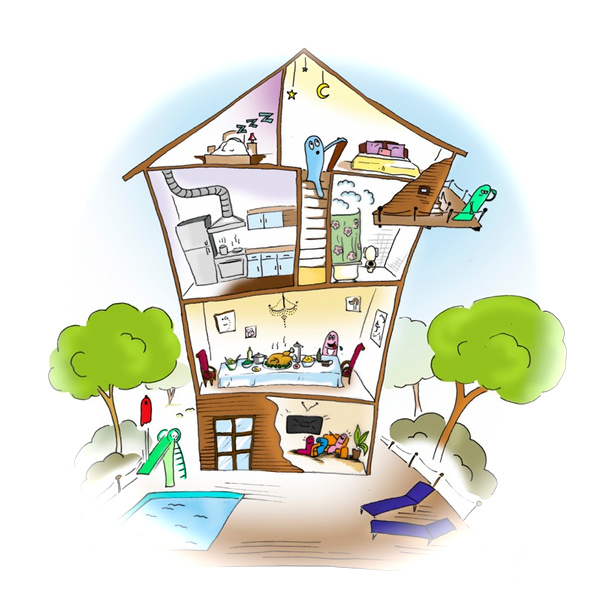If you have spent any time studying Spanish, you’ve probably come across some form of the verb tener, ‘to have’. This lovely verb is one of the top five most frequently used verbs in the language, but you may not recognize its many other everyday uses. I started this post thinking of listing five examples, but within a few hours of posting I realized I had used at least four more during the first hours of my day!



 isn’t really intuitive for a lot of English native speakers, but the phrase is extremely common and easy to use in place of Estoy cansado/a.
isn’t really intuitive for a lot of English native speakers, but the phrase is extremely common and easy to use in place of Estoy cansado/a.